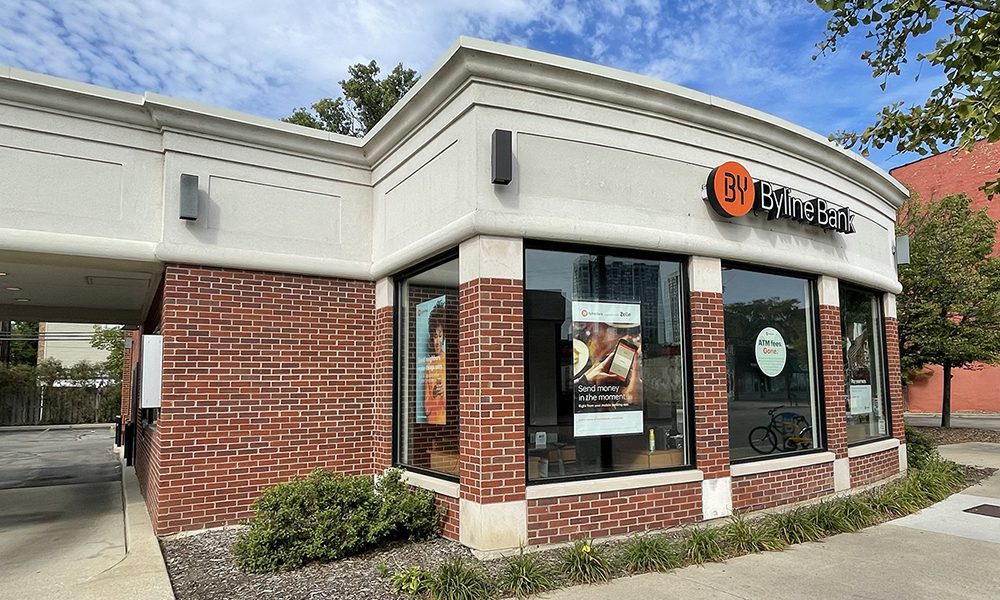Take the first step toward your financial goals with personalized support from Byline Bank.
Access to Capital Is Essential to the Resilience of Small Business Owners
For many business owners, running a successful business requires balancing growth aspirations and financial reality during the best of circumstances. In today’s volatile economy rife with challenges, business owners have shown remarkable resilience. A key ingredient to making that hope come alive with financial success is having access to capital.




